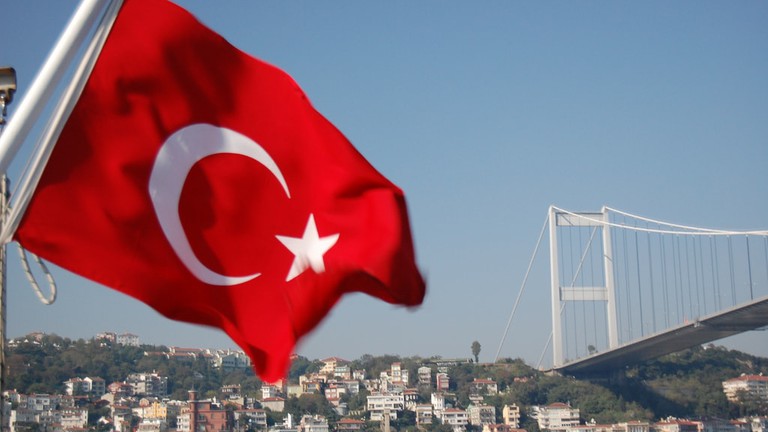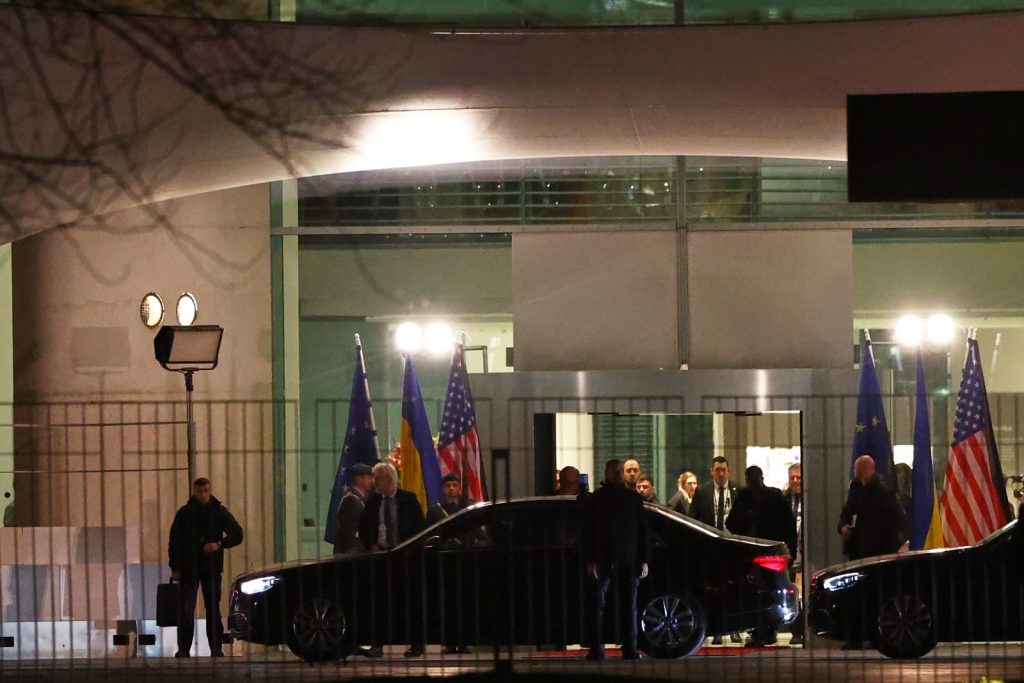By Mikelis Chatzigakis
The reappearance of the Turkish research vessek “Oruc Reis” 6nm off the coast of the Greek island of Kastelorizo is not only torpedoing Greek-Turkish exploratory talks.
It also demonstrates clearly that the aggressive neo-Ottomanism that Turkish President Recep Tayyip Erdogan is pursuing is deeply rooted in the mindset of the average Turk.
A quick glance at history shows that despite the social and religious mosaic one sees in today’s Turkey the country domestically appears easily manageable by the domestic elites which in different forms diachronically have ruled the country, especially in recent years with Erdogan’s authoritarian governance.
Consequently, domestic affairs were never the main problem for Turkey’s rulers.
The people were always kept under control as they had embodied two catalytic experiences – the safeguarding of the country’s international position and the ideological construct of the “nation-army” with which the average Turkish citizen was imbued diachronically.
This is the foundation upon which the character and beliefs of the Turkish people was based and Erdogan exploited it in order to impose his own political agenda.
This was the raw material with which Turkish militarism – which historically has been the main characteristic of the Turkish state and people – was fashioned
Turkish militarism was entrenched after the revolution of the Young Turks who governed the country between 1913 and 1918.
It was continued with small variations by Kemal Ataturk who was in the moderate wing of the movement of the Young Turks, which was led by Enver Pasha and Mehmet Talaat Pasha.
Yet the Germans, who traditionally supported the Turks, played a significant role in the construction of Turkish nationalism.
From the start of the 20th century top German officials, businessmen, and first and foremost top German military officers descended on Turkey and imbued it with their views of military predominance in the state.
In that framework General von der Goltz and others introduced the theory of the “army-state” that united the two elements.
Since then the outlook and convictions of the people have been nurtured with continuous propaganda about their courageous and unsurpassable military capability.
This politico-ideological construct added certain terms to the Turkish vocabulary.
The word “motherland” became equivalent to field of battle and the phrase “the people” became identified with an “army-nation”.
Consequently, national and military objectives became intertwined in a Janus-like structure with one body and two heads.
Meanwhile, Turkish nationalism took on an ethnic characteristic which can be summed up with the proclamation, “How happy is the one who says I am a Turk!”
Erdogan with certain variations frequently invokes this saying in his extreme nationalist rhetoric.
According to the theory of racial nationalism the Turkish state and territory belong exclusively to the Turkish nation.
This is the source of Turkish claims to a “Blue Motherland”, of Ankara’s expansionist wars in recent years, and of its constant threats toward Greece.
Consequently, the roots of Turkish nationalism are very deep and they perpetually fuel Turkish militarism.
Turkey’s stance is not about to change and that is why Greece is on the right path in mobilising public opinion internationally and bolstering its defences.
Additionally, Greece should proceed prudently and methodically as it has done over the last year and exploit its common front with Israel, Egypt, and Cyprus in order to shape the future of the Southeastern Mediterranean.
Michelis Hatzigakis is COO of Cobblestone Energy




